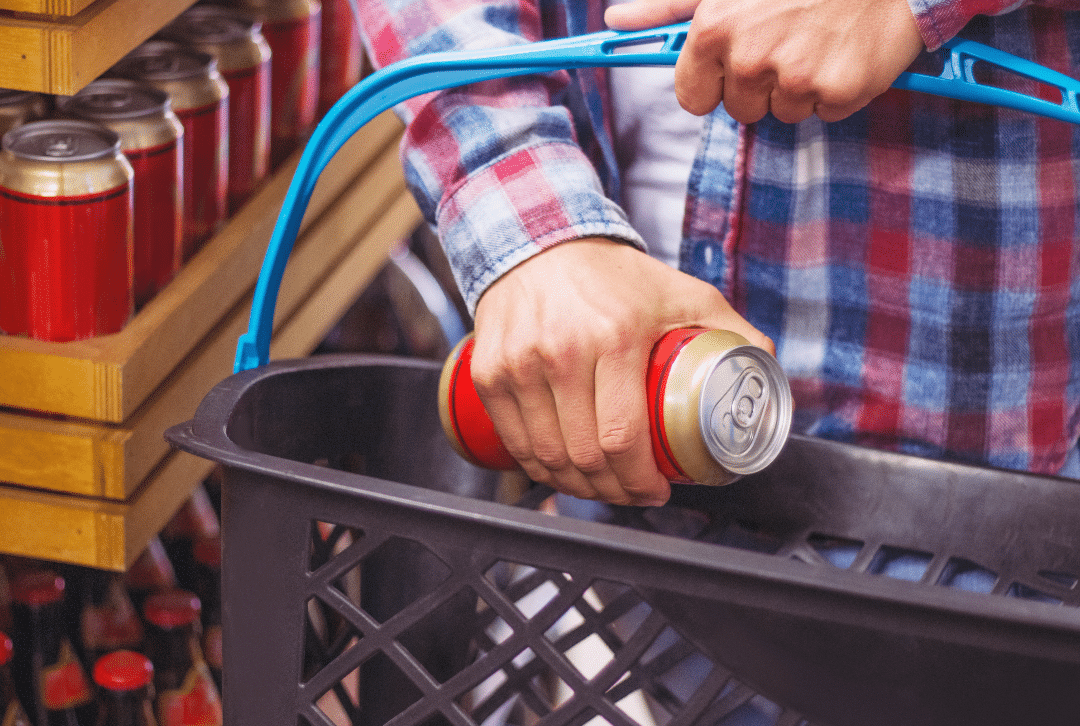What Does ‘Dry January’ Mean?

Why People Practice Dry January
Does Dry January Actually Help?
If You Want to Practice Dry January…
While practicing Dry January can be beneficial, it can also be challenging. Here are some tips to follow if you decide to stop drinking during the month of January:
- Find a friend or family member to participate with you. Having support and a sober companion during this month will make the process much easier.
- Write down your goals for the month in a journal or notebook. What do you want to achieve by the time January is over?
- Start a new workout regimen or find other new activities to occupy your time.
- Get rid of all of the alcohol in your house. If there’s no alcohol around, it’ll be much simpler to resist temptation.
- Find a substitute for alcohol to drink. If you want to take a break from drinking but you like the flavor of beer or cocktails, you could try an alcohol-free alternative.
It is also important to not be too hard on yourself during this journey. Taking a break from drinking can be difficult, but you are never alone. If you reach the end of January and have no desire to start drinking again, don’t feel any pressure to go back to your old ways. If you do decide to drink again after the month is complete, be sure to ease back into it slowly.
Keep in mind the Dry January only works for casual drinkers, occasional drinkers, and social drinkers. Individuals who suffer from alcohol abuse disorder or alcohol addiction should not participate in this yearly tradition because it could result in withdrawal and other negative side effects. Someone may abuse alcohol if they are always thinking of drinking, have been asked to stop in the past, or have planned to stop drinking previously but haven’t been able to. Instead of practicing Dry January, individuals with alcohol addiction are encouraged to do their research on the disorder and enroll in a treatment program at a rehabilitation center.
To learn more about Alcohol Detox and whether quitting drinking is a good choice for you, contact our team of substance abuse treatment professionals by calling 267.719.8689.





